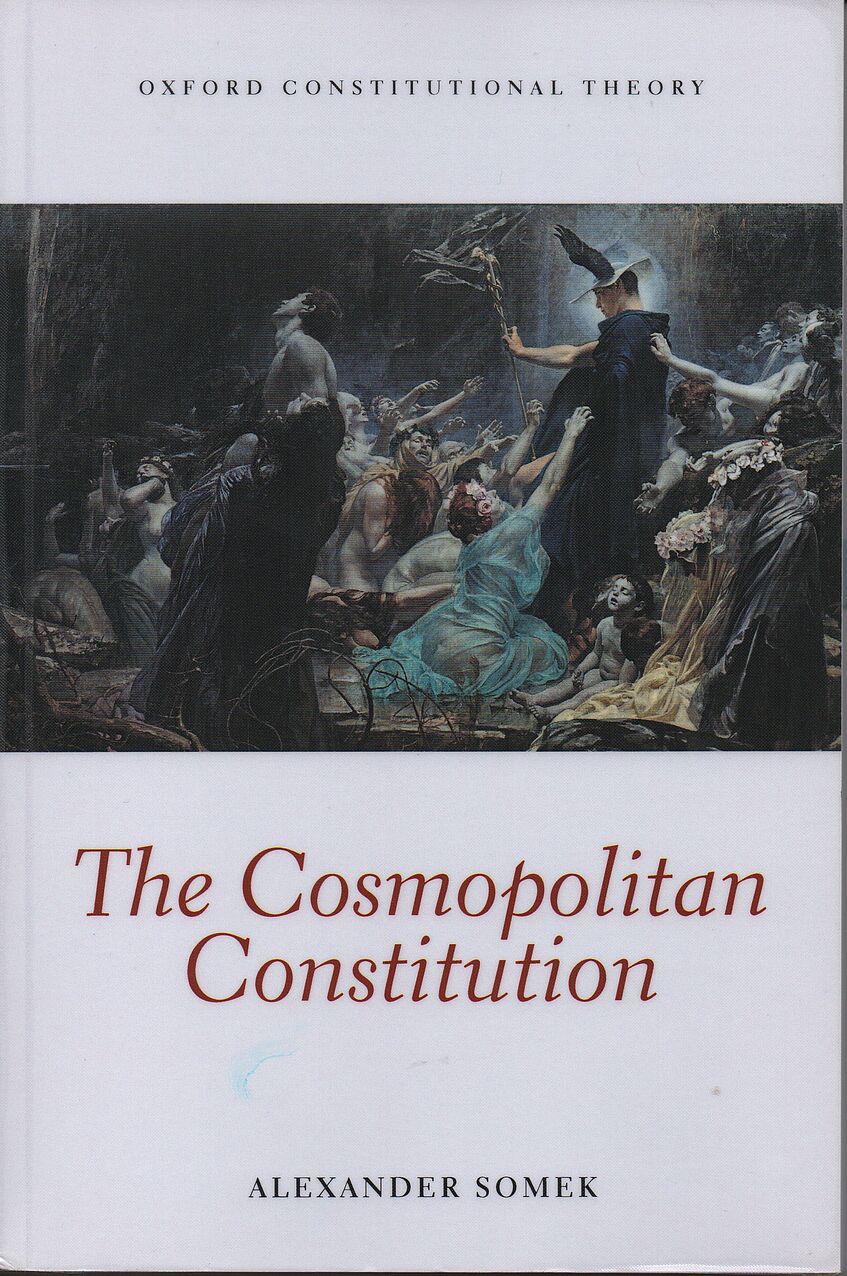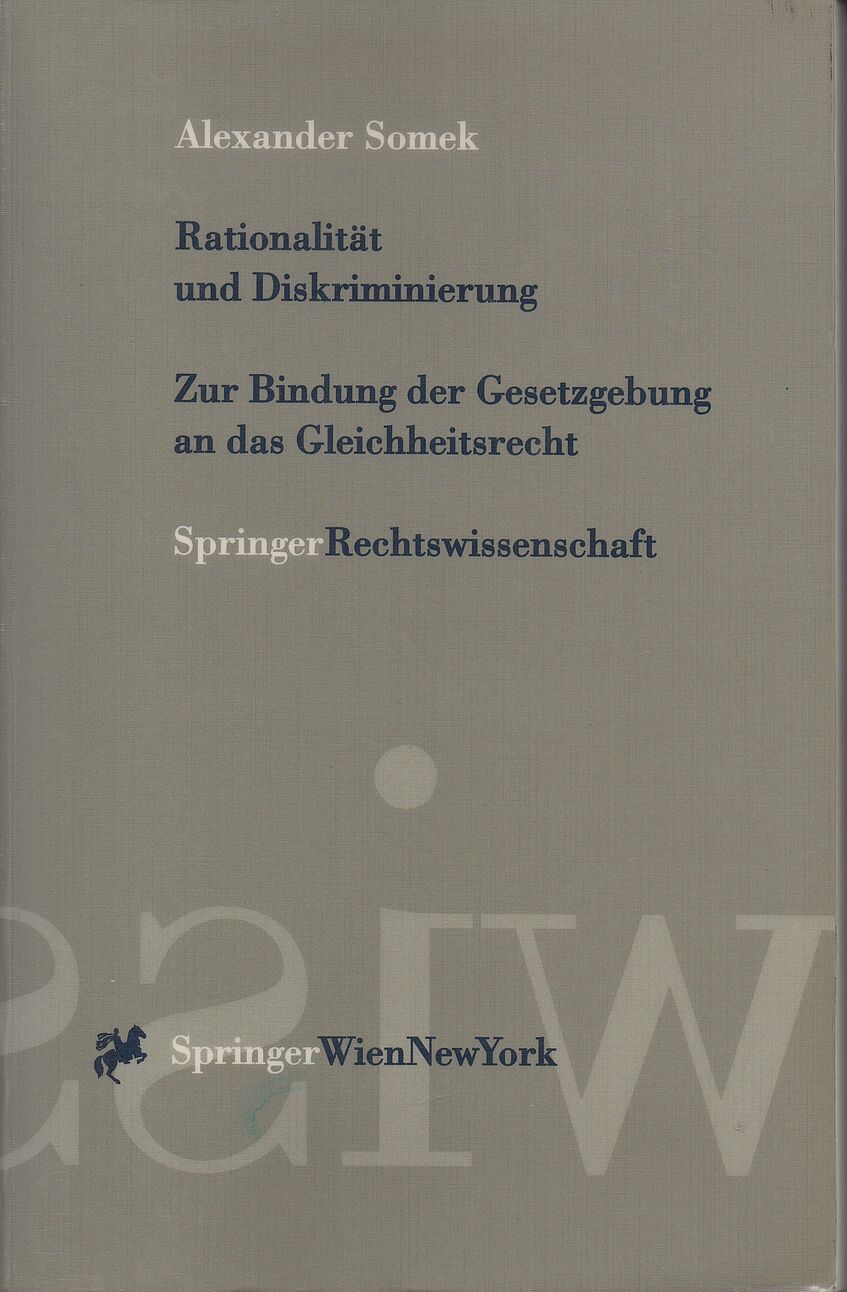

Public Law
Two themes of public law have elicited my interest in particular: first, the significance of equality as a constitutional idea and, second, the transformations of constitutionalism that have given rise to, in my view, a new type of national constitution that I call “the cosmopolitan constitution”.
My writings on equality defend the idea that its normative core is the protection against discrimination. Yet, I am not too confident that the right to equal treatment, taken by itself, is a reliable means of attaining social progress. First, the right operates in a piecemeal fashion from within social structures of domination and exploitation. There is little reason to be confident that it can accomplish much to change these structures. Second, the anti-discrimination principle would have very little normative thrust if it were not buttressed by the active self-assertation of oppressed groups. At the end of the day, that law would lack bite if it were not backed up with vigorous political action.
My work on the cosmopolitan constitution identifies constitutional regimes that participate in the system established by the ECHR as examples of cosmopolitan constitutions. It is in the same context, however, that I express skepticism of the pretensions of modern constitutionalism that regards the constitution as a system of norms designed to constrain government conduct.
Occasionally, I address current developments on the Verfassungsblog.
Sample readings:
Die Mitarbeit des Opfers (from Rationalität und Diskriminierung)
Gleichheit und politische Autonomie
On cosmopolitan self-determination
Cosmopolitan constitutionalism
For a discussion of my Cosmopolitan Constitution see https://www.cambridge.org/core/journals/german-law-journal/issue/273D9A6C469054F945A9295547A1247B
